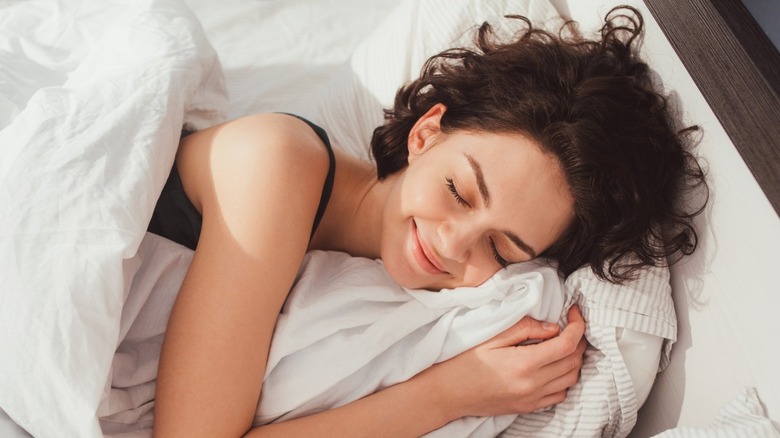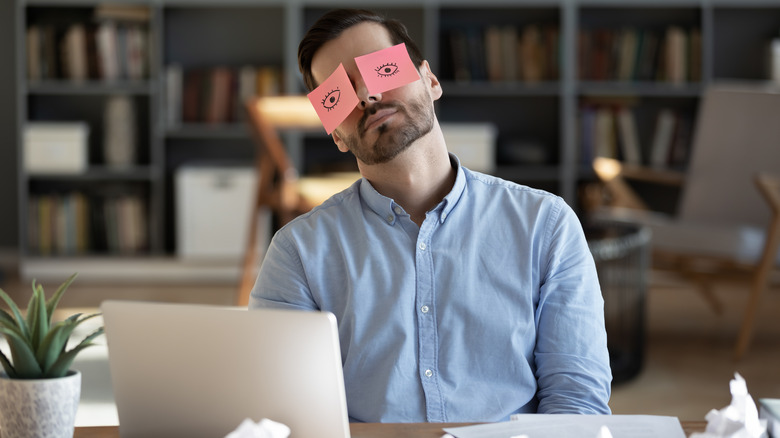Study Shows Optimized Office Lighting Could Help You Sleep Better At Night
There is no dearth of research out there that links office hours with a disruption in people's sleep cycles. On top of that, constant exposure to a screen and the barrage of blue light plays a role in a disturbed circadian cycle. New research shows that creating an automated daylight control system in office spaces can help improve the circadian rhythms and lead the way to a better sleep cycle.
As part of the research, 34 volunteers were asked to work in an office building equipped with an artificial lighting system and an automatic blind control mechanism. The test participants wore activity watches to measure the sleep and waking hours, while the illuminance was monitored via stationary light sensors. Working in the aforementioned office setup triggered the melatonin peak to arrive 25 minutes earlier than usual, preparing the body for better sleep. For the unaware, melatonin serves as sort of a time cue for the biological clock and signals the brain to prepare for sleep.
Better sleeping, improved awakening
Working in the modified office setup with an automated lighting system allowed the human test subjects to accumulate 50 minutes of daylight exposure earlier in the morning compared to a standard office space. Moreover, the difference in body temperature between their torso and limbs started to go up 20 minutes earlier in the evening, preparing the body for sleep. Also known as distal-proximal skin-temperature gradient, the test subjects also had the temperature gap falling about 19 minutes earlier in the morning in preparation for the body to wake up.
It is worth noting here that participants were allowed to go about their daily routine as usual, which included everything from going out for lunch to working out. In a nutshell, the test data is more representative of a working person's actual day-to-day schedule. The key takeaway is that changing the amount of daylight exposure in line with the regular sunlight rhythm influences the circadian cycle. And in the long run, it is going to help improve the sleep cycle for 9 to 5 workers. Interestingly, a recent study claimed that the lunar cycle might also affect the sleep quality.
It also reduces energy consumption
Titled "Optimized office lighting advances melatonin phase and peripheral heat loss prior bedtime" and published in Nature, the latest research is the brainchild of Marta Benedetti, a PhD graduate from the École polytechnique fédérale de Lausanne (EPFL) in Switzerland. Benedetti previously conducted a human trial and documented the same phenomenon in her PhD thesis "Integrating non-visual effects of light in the automated daylight-responsive control of blinds and electric lighting." Benedetti successfully defended her PhD thesis in November of 2021.
As part of the test, Benedetti collected data such as sleep and wake times, salivary hormonal concentrations, and skin temperatures using sensors taped to the skin. Also during the research, meters were installed to measure the energy consumption for lighting and heating in a controlled office environment as well as the main test space. It was found that an office space with an automated lighting control system consumed 9.6% less energy that a regular (control) office.


